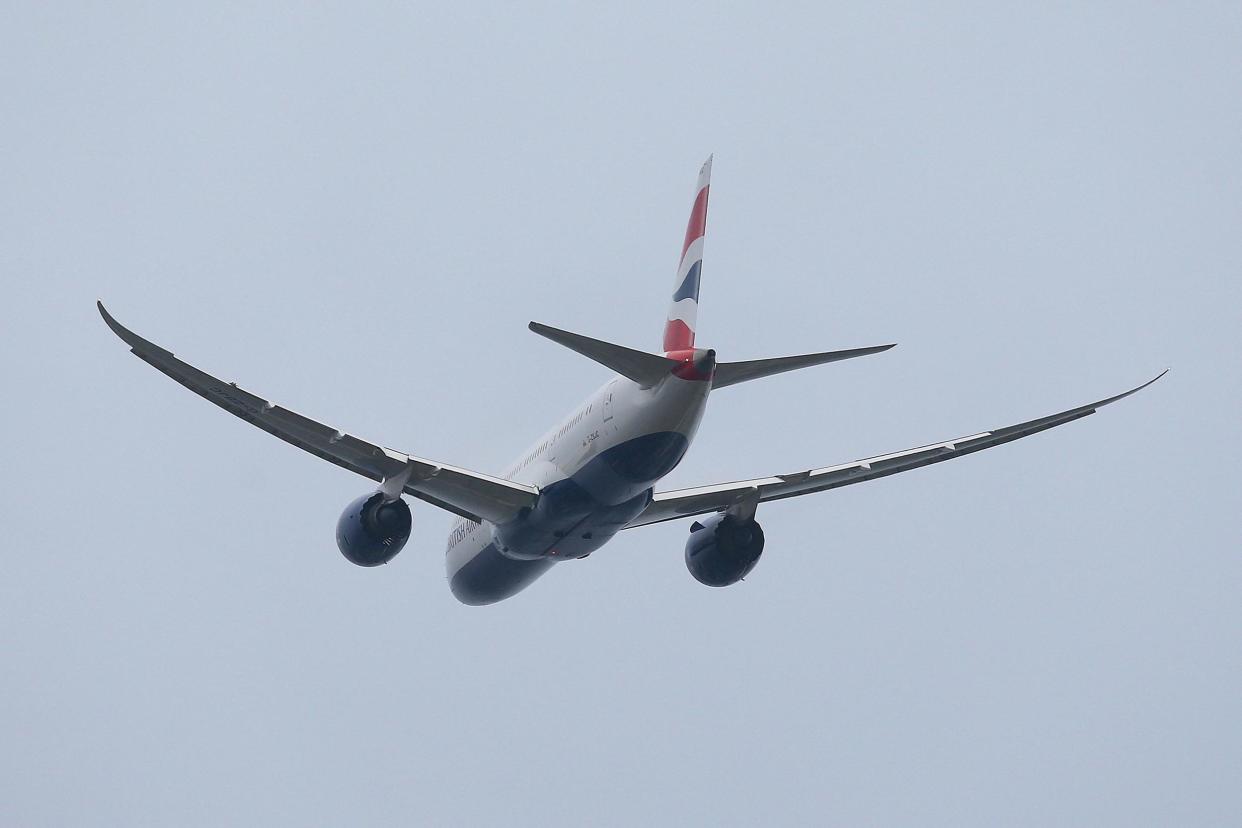What's the future for our national airlines? From British Airways to Virgin Atlantic

On easyJet, when entering your personal details for a flight booking, you can choose from four titles: Mr, Ms, Mrs or Miss.
But on British Airways, you can upgrade to one of 14 other titles, from Baron via The Right Honourable to Viscountess.
BA has always targeted aristocrats and chased the niche markets for Captains, Professors and Reverends, etc. But as the airline has become more proletarian, mimicking the short-haul practices of easyJet, unhappy passengers and striking cabin crew have been lining up to give the airline a kicking.
And here's reader Sebastian Loew. On Monday he flew from Munich to Heathrow. He had a British Airways ticket, but because of the cabin crew dispute his flight was operated by Qatar Airways.
“It was a delight,” plain Mr Loew reports. “The seats are wider and there is more leg space, we were offered complimentary drinks and snacks, and the staff was charming and always smiling.
“Maybe all BA flights should now be operated by Qatar, thus providing a better service and helping the beleaguered country?”
The Qatari carrier happens to own one-fifth of BA’s parent company, IAG, and has plenty of spare planes sitting around due to a ban on many of its short-haul flights in the Gulf. So during the bitter strike involving members of the Unite union in BA’s Mixed Fleet cabin crew, around 5,000 British Airways passengers a day are finding themselves aboard Qatar Airways.
To quote a BA ad campaign from the last century, the experience seems to be “We’ll take more care of you.”
The cabin crew dispute drags on, with strikes expected to continue until halfway through August; thousands of BA passengers whose trips were wrecked over the May bank holiday when someone in the airline's computer centre pulled out the wrong plug are still waiting for compensation; and the airline faces more intense competition, long and short haul, than any other “flag carrier” in the world.
You might conclude it is a bleak midsummer for British Airways as a business. In fact, the opposite applies. During the first six months of the year, it made £2 per second in profits. BA is far better placed than the other big European “legacy” carriers, Air France and Lufthansa. Its costs are lower, its staff less stroppy and it has the majority of slots at the world’s most desirable airport, Heathrow. BA could get a whole lot worse and yet remain a viable business.
If a third runway were ever built at Heathrow, British Airways’ position will weaken. The Government will insist that new airlines are allowed in to increase competition, and easyJet has already promised a base at Terminal 4 with dozens of daily flights. Yet every day of political inertia is another day when BA can extract a premium from its slots at Heathrow: "We'll take more fare off you."
Turbulence, though, could come from the latest move from a man who has been a thorn in the side of British Airways since 1984. Sir Richard Branson’s decision to sell one-third of Virgin Atlantic to Air France-KLM, and relinquish control of his original airline creation, opens up many possibilities.
The French-dominated carrier has dozens of landing and take-off slots at Heathrow. At present these precious permissions to use the runway are inefficiently used for shuttling passengers to and from Paris and Amsterdam. But some of them could be presented to Virgin Atlantic, allowing it to expand and compete more effectively with BA across the Atlantic. Or slots could be used for key business routes from Germany, Switzerland and Scandinavia that feed into Virgin’s US network – mimicking British Airways’ competitive edge, and luring aristocrats from across Europe and beyond.
In the titles game, Virgin Atlantic goes one better than BA; its drop-down list is missing Rt Hon and Rabbi, but has a global twist with the addition of Count, Countess and Sheikh on the menu. Thanks to the ferocious competition, though, cheap flights are now every traveller's birthright.


